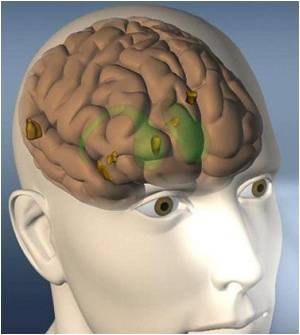According to researchers at Duke University, age doesn't count in making risky decisions.

"It's not age, it's cognition that makes the difference in decision-making," said Scott Huettel, Ph.D., Associate Professor of psychology and neuroscience and director of the Duke Center for Neuroeconomic Studies.
Huettel recently led a laboratory study in which participants could gain or lose money based on their decisions.
"Once we accounted for cognitive abilities like memory and processing speed, age had nothing to do with predicting whether an individual would make the best economic decisions on the tasks we assigned," Huettel said.
"The standard perspective is that age itself causes people to make more risky, lower-quality decisions - independent of the cognitive changes associated with age," he added, who is also with the Duke-UNC Brain Imaging and Analysis Center.
"But that isn't what we found."
Advertisement
Many of the older subjects, aged 66 to 76, made similar decisions to many of the younger subjects (aged 18 to 35).
Advertisement
"We should try to identify ways in which to present information to older adults that gives them scaffolding to make the best choices. If we can reduce the demand on memory or the need to process information very quickly that would be a great benefit to older adults and may push them toward making the same economically beneficial decisions as younger adults."
Self-recognition is important, too, so that if someone knows they process things well over time, they might ask for more time to make a decision rather than making an impulsive decision on the spot, he added.
The study was published in the Psychology and Aging journal, published by the American Psychological Association.
Source-ANI









